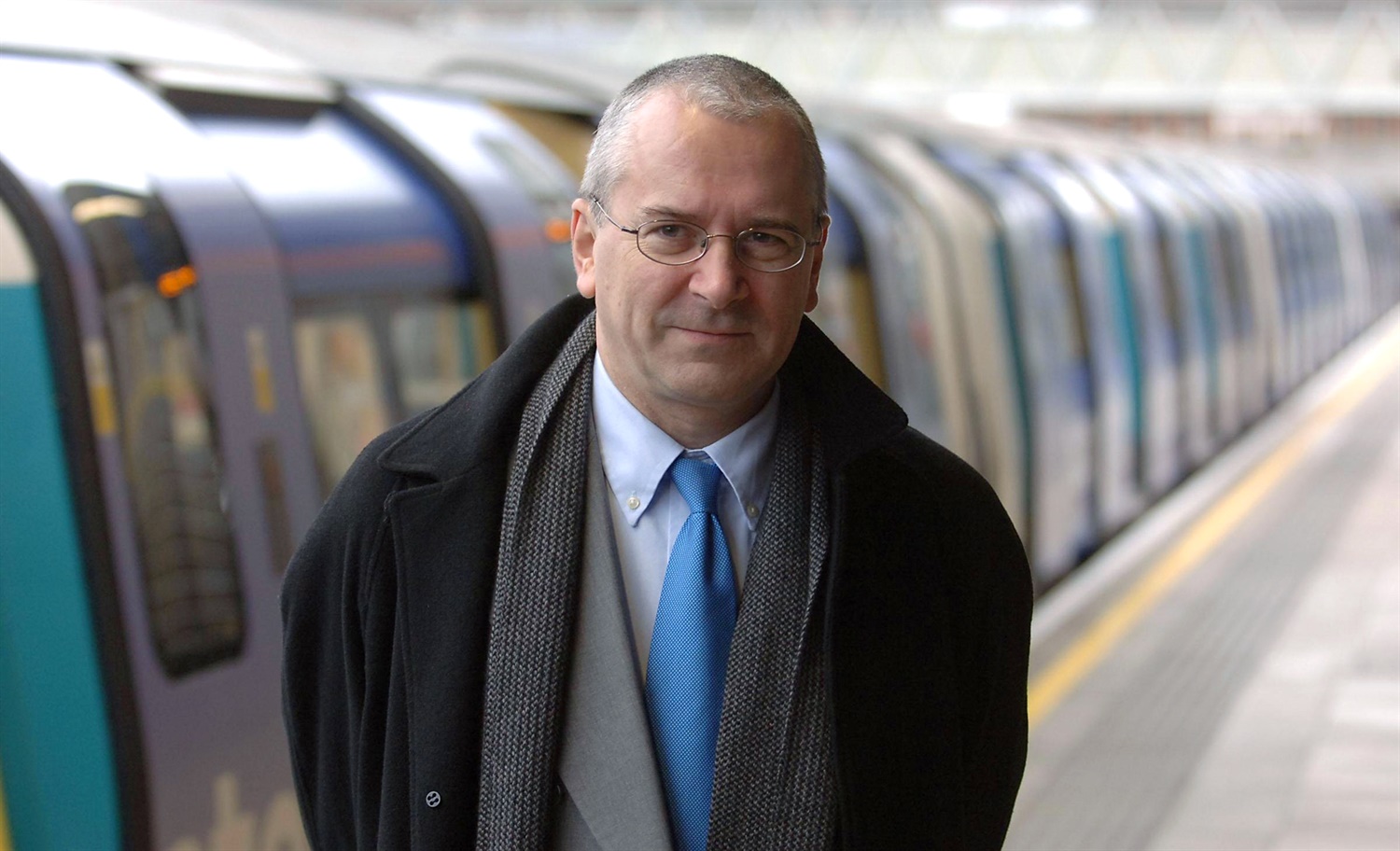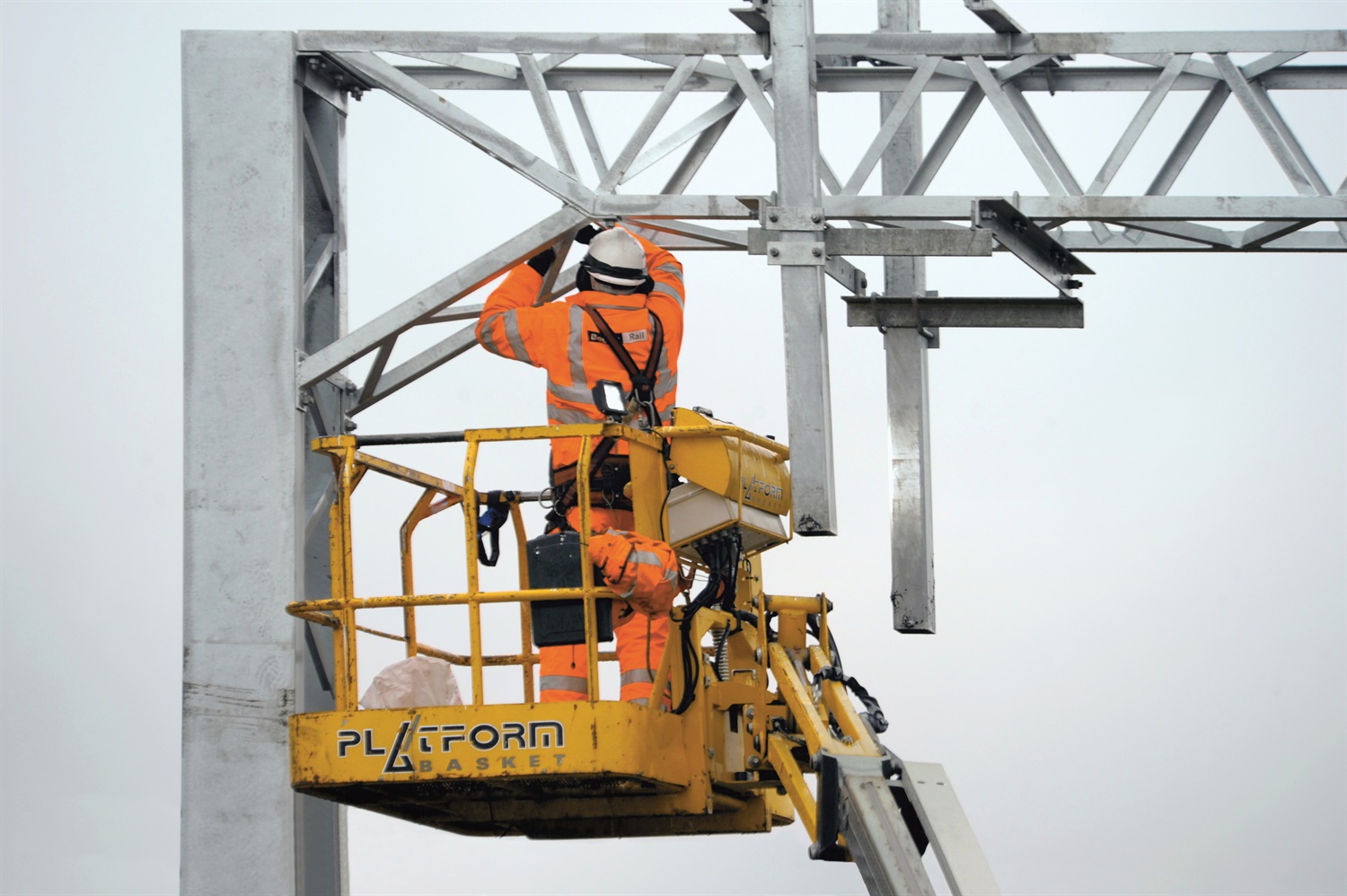26.11.15
Network Rail to sell £1.8bn of ‘non-core assets’ to fund enhancements
Network Rail plans to raise £1.8bn through the sale of “non-core assets” to meet the increased costs of its enhancement programme.
Sir Peter Hendy, Network Rail’s chairman, has finally published his long-awaited review into the organisation’s CP5 funding programme, which found that the original plan was “unrealistic” and “undeliverable”.
However, he has concluded that the majority of the programme can go ahead as planned, although some projects will be completed later than originally scheduled.
The former commissioner of Transport for London (pictured) added that extra investment to fill the funding shortfall will be generated primarily from the sale of non-core railway, which includes considering options for the sale of property assets, including retail units in managed stations, on the telecoms network and depots.

Yesterday’s Spending Review revealed that the he government intends to allow Network Rail to sell assets and re-invest the proceeds in rail infrastructure, subject to a value for money assessment.
Additionally, the DfT has agreed to increase the limit on Network Rail’s government borrowing by a further £700m. The result is that the vast majority of programmes and projects will go ahead for delivery by 2019.
Sir Peter has concluded that the core business can be managed within the borrowing limit that has been set for CP5. But the principal change to achieve this will be a reduction in renewals activity, which Network Rail “considers can be managed safely and does not create a backlog that cannot be caught up in subsequent control periods”.
Two projects which will now be completed in CP6, as we knew before the review’s publication, include the electrification of the Midland Mainline from Sheffield to Bedford now set for completion in 2023, and the TransPennine line between Manchester and York by 2022.
Mark Carne also revealed recently that the expected cost for Great Western electrification had increased by up to £1.2bn from the £1.6bn agreed in 2014. This means the cost range is now between £2.5bn and £2.8bn.
Sir Peter said work to update the programme for Great Western Electrification “is being concluded as this report is completed”.
He added that completion of electrification to Cardiff is planned to be completed in CP5 within the estimated total cost of £2.8bn. And the electrification beyond Cardiff is expected to be completed in CP6.

Sir Peter’s report revealed there were two principal issues relating to the increased cost estimates that have been seen across the portfolio: inadequate planning and scope definition of a number of projects in their early phases; and poor cost estimating – particularly on electrification projects.
He added that the cost and deliverability challenges are restricted to a small number of programmes. Before adjusting for the impact of deliverability and affordability, around 80% of the increase, relates to five programmes.
“These are electrification schemes which were still in development when ORR concluded its review of Network Rail’s 2014-19 plan. The cost of schemes that were already well developed, represent around 10% of the increase, with the majority of this relating to the Thameslink programme. The remaining 10 per cent includes activity that was rolled over from CP4 for delivery in CP5 and additional scope that the DfT has requested since the start of CP5.”
The 44-page report provides information on what will be delivered in each part of the country. And an eight-week consultation on the findings of the report will start in early December.
Lilian Greenwood MP, Labour’s shadow transport secretary, said: “Ministers are cynically trying to hide bad news by publishing this report late on the day of the Comprehensive Spending Review.
“It’s an insult to taxpayers that incompetent planning has created a £2.5bn budget black hole that will be funded by £1.8bn of asset sales, along with £700m of additional borrowing. Labour and the Transport Select Committee repeatedly warned the Government that its rail electrification programme was in jeopardy, but Ministers refused to address the issue until after the election.
“We now know that electrification costs have risen by over 70%, and after already announced delays to ‘Northern Powerhouse’ projects of up to four years, other important projects will also be delivered late. Ministers could have got a grip on these issues much earlier, and passengers and taxpayers are paying the price.”
Sir Peter said: “This new Railway Upgrade Plan is a more robust and deliverable plan but it is not without its own risks and challenges which Network Rail will work tirelessly to address.”
He added that the changes to the business plan will need to be reflected in our CP5 Enhancements Delivery Plan subject to agreement with ORR through the formal change control process. The draft updated Enhancement Delivery Plan entries will be published in early December.